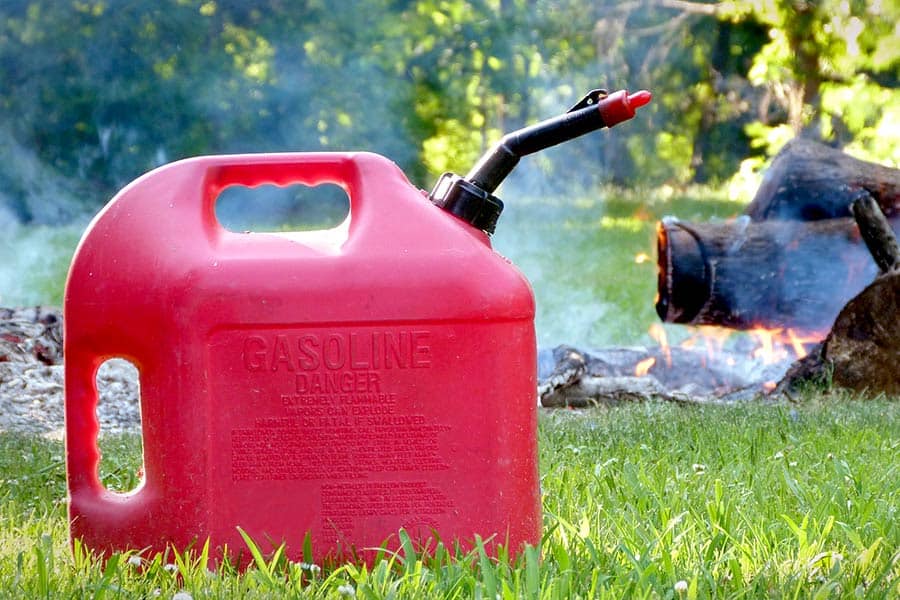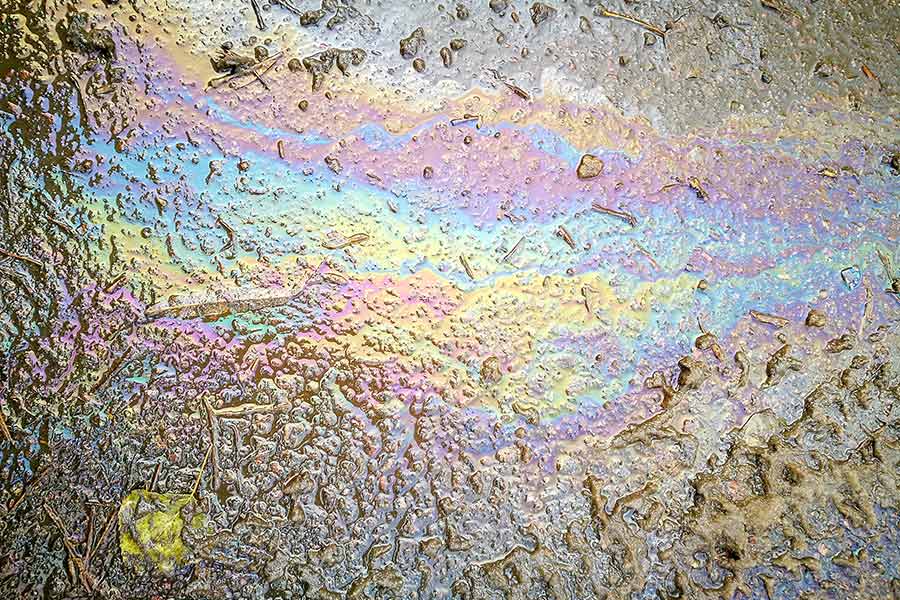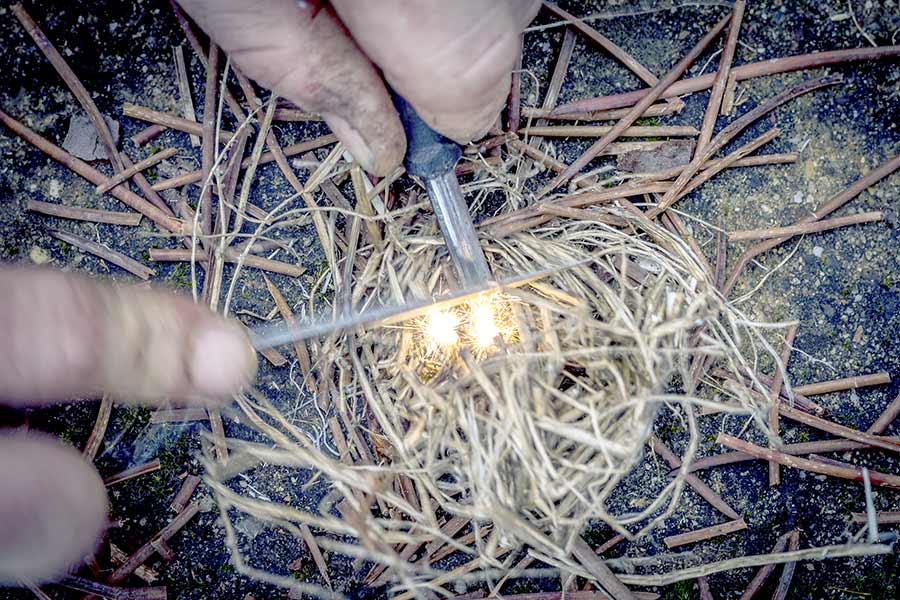
Are you planning a camping trip but not sure what fuel to use to start your campfire? One common question that campers often have is whether gasoline can be used as a fire starter.
While gasoline is readily available and might seem like a quick and easy solution, is it the right one? This post will explore whether this method should be used to start a campfire and some safe and effective alternatives.
The Dangers of Using Gasoline to Start a Campfire
Using gasoline to ignite a campfire is an unsafe practice with several dangerous implications. Here are some of the potential dangers of using gasoline to start a campfire:
1. Explosion and Fire Hazard
Gasoline poses a significant danger when used to start a fire. Its highly volatile nature makes it prone to ignition, which can result in a catastrophic fire. In addition, the explosive potential of gasoline is such that even the vapors can ignite spontaneously, creating an intense inferno that can cause massive damage to property or result in debilitating injuries or even death.
As such, using gasoline to start a campfire is an unwise decision that could have grave repercussions. Due to the dangerous risks of gasoline, never use it to ignite a campfire. Instead, use alternative methods that are safer and more effective. A campfire should be enjoyed for its warmth, ambiance, and camaraderie, not for the dangers it presents.
2. Uncontrollable Fire Potential
Gasoline is a valuable fuel in various applications, but its properties make it unsuitable for starting a campfire. Gasoline burns hot and fast, making it challenging to manage the flames, particularly in outdoor settings, such as campsites. In addition, it can quickly escalate if it is not adequately contained, leading to a fire that rapidly spirals out of control.
Such an outbreak increases the risk of the fire spreading to neighboring trees, bushes, or structures. In addition, fires endanger wildlife, the environment, and human life.
Additionally, gasoline tends to ignite with a big “whoosh,” so unless you want to walk around the campsite with your hair and eyebrows singed, you might want to rethink starting your campfire with gasoline.
3. Environmental Hazard

Besides the potential explosive risks, utilizing gasoline to start a campfire can have negative environmental implications. Gasoline evaporates quickly, but it can still kill grass and other vegetation, and when it comes in contact with water, it can create a rainbow film on the water.
I can not emphasize enough, never use gasoline to start a campfire; it is not safe. Although gasoline may appear fast and convenient, it is highly flammable and can lead to dangerous explosions, injuries, and even death. Therefore, the best action is to opt for environmentally friendly solutions when starting a campfire.
Other Posts of Interest
- Identifying Poisonous Plants: A Must-Know Skill For Campers
- How Glamping Is Different From A Traditional Hotel Stay
- What Vans Can You Stand Up In?
- Campground Etiquette: Dos And Don’ts (How To Be A Model Camper)
Safe and Effective Ways to Start a Campfire
There are several safe and effective materials that you can utilize to start a campfire. Here is a list of some of these materials:

- Kindling – dry twigs, sticks, or small pieces of wood that are easy to light up
- Paper – crumpled pieces of newspaper or other combustible materials that can catch fire quickly
- Dry grass – dry grass can act as tinder, and it is available in abundance in most camping environments
- Firestarters – commercially available fire starters are an easy and effective way to start a fire safely
- Lint – Dryer lint is a free and a readily available option
- Bark – Birch bark is a natural and efficient fire starter
- Fatwood or resinous wood – these types of wood are high in natural oils and ignite quickly
It’s important to maintain caution when starting a fire and always ensure that the chosen materials are dry and readily combustible. Additionally, one should constantly monitor the fire and keep a water source or extinguisher nearby to prevent an unforeseen hazard.
Read our post about Starting a Campfire Quickly and Easily for more information.
Don’t Do It!
Safety should be a primary concern when igniting a fire, and using appropriate materials is crucial. Gasoline is not a viable option when starting a campfire, and it’s critical to use safer alternatives like tinder and kindling.
This approach ensures a quick and hazard-free start of the fire, ensuring the safety of the people and environment nearby. A poorly executed campfire can have dire consequences, so it’s always better to err on the side of caution and use the right materials.






